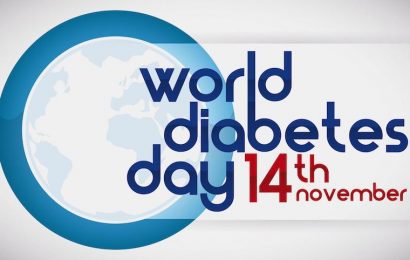Dr. Denise Faustman, a researcher at Massachusetts General Hospital in Boston who runs a lab focused on finding a cure for Type 1 diabetes, is no stranger to controversy — as we noted three years ago in an interview she gave for Diabetes Flashpoints. When her lab discovered in 2001 that a treatment for mice with diabetes could restore lost beta cell function, the editors of a scientific journal wouldn’t let her use the word “regeneration” because of the shock it might cause. And now, with the release of results from her first human trials, the scientific and wider diabetes community still seems to be sharply divided by her work.
Last week in the online journal PLOS ONE, Faustman’s team revealed the results of a small “proof-of-concept” trial that tested their approach to research in humans for the first time. As an article at DiabetesInControl.com notes, the study tested whether a drug known as BCG, used as a vaccine for tuberculosis since 1921, had any effect on measures of autoimmunity and insulin production in people with long-term Type 1 diabetes. Of the study’s six primary participants, three were randomly assigned to receive injections of BCG, while three received placebo (inactive) injections. The effects of BCG in the participants with Type 1 diabetes were also compared against those seen in people without diabetes, who were also given the drug and monitored as part of the study.
The scientists discovered that a greater number of autoimmune T cells — the immune system cells that attack the pancreas in Type 1 diabetes — were found to be dead in participants with Type 1 diabetes who received BCG for about a week following each injection. One participant who received placebo injections also saw this increase in dead autoimmune T cells, but he was found to have been infected with a virus at the time that is known to raise levels of a compound in the body called tumor necrosis factor. BCG also raises levels of this compound, which is believed to be related to the death of autoimmune T cells. Participants who received BCG, as well as the one with the viral infection, also showed signs of greater insulin production by the body’s own pancreas (although insulin production was not measured directly, since it couldn’t be distinguished from injected insulin in the lab’s measurements).
As quoted in the DiabetesInControl.com article, Dr. Faustman hailed the results as “early evidence of effectiveness” at reversing autoimmunity with BCG. Another scientist, however, who was not involved in the study, denounced using BCG to reverse autoimmunity as “wishful thinking” and noted that its use for this purpose has been tested before, to no avail. He also noted that Dr. Faustman’s study showed only short-term improvement “in a couple of patients” — while the chief executive of JDRF, the Type 1 diabetes research organization, called Faustman’s results “certainly interesting and worth further investigation,” which is already under way in a larger study with hundreds of participants.
What do you think — does Faustman’s approach sound promising to you? Does it seem too good to be true that a 90-year-old drug could restore insulin production in people with Type 1 diabetes? Should Faustman’s lab receive funding from JDRF or the National Institutes of Health rather than relying on private donations? Should pharmaceutical companies help fund studies like this one, even though the drug being tested is already on the market with no patent (and therefore couldn’t bring large profits to any company)? Leave a comment below!




